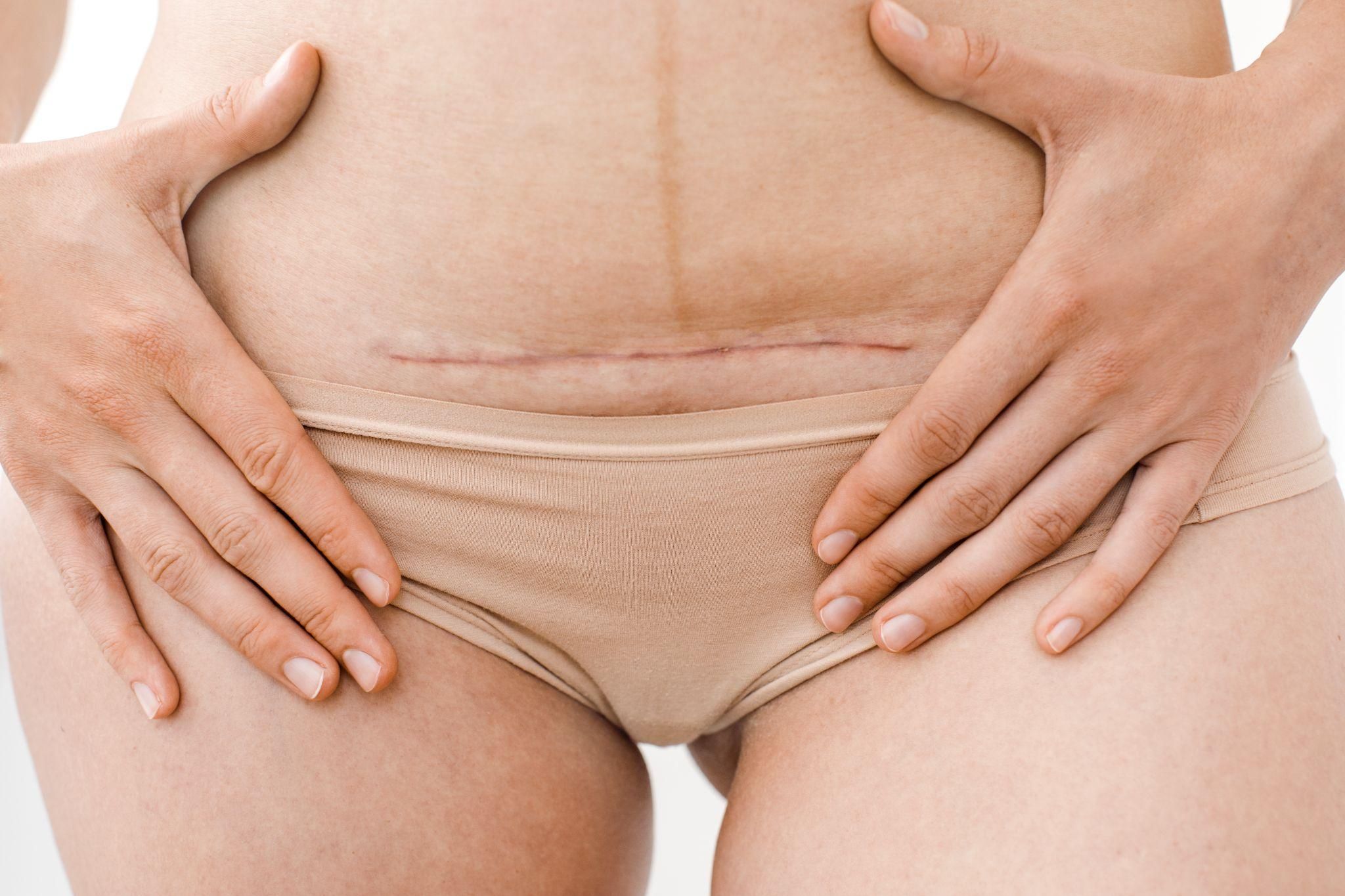Pregnancy and childbirth bring with them a number of challenges and, of course, considerable costs. Many expectant parents are focused on the expenses related to antenatal care, such as hospital visits, maternity clothes, prenatal vitamins, and the cost of the birth itself. However, a question often arises once the baby is born: Will I need to invest in a postpartum physio for recovery after my birth, especially if the birth itself was expensive?
The answer to this question depends on several factors, including the type of birth, your recovery needs, and the advice from your antenatal team. While it can be frustrating to think about additional costs after such a significant financial and emotional investment, postpartum physiotherapy can be an essential part of the recovery process after a C-section or vaginal delivery. In this article, we’ll explore why investing in postpartum physio might be beneficial, the role of antenatal care in preparing for recovery, and how physiotherapy supports your post-birth body.
Understanding the Importance of Postpartum Care
A C-section or vaginal birth may seem straightforward, but it involves considerable physical changes to your body. The recovery period after giving birth involves your body healing from a significant event, and physiotherapy can play a crucial role in ensuring a smooth recovery.
When you’re planning for a baby, you likely focus on things like antenatal appointments, antenatal vitamins, and prenatal care, but postpartum care is just as important. In the months after birth, many women deal with physical issues such as pelvic floor dysfunction, abdominal weakness, poor posture, and low back pain. Postpartum physiotherapy is specifically tailored to address these challenges and help you recover effectively.
Why Postpartum Physio Matters
A postpartum physio can assist you with restoring mobility, strength, and function to your body after childbirth. It’s essential for several reasons, and investing in physiotherapy can prevent long-term issues, help you avoid future complications, and enhance your overall well-being.
Pelvic Floor Recovery: During pregnancy and childbirth, the pelvic floor muscles stretch and sometimes become weakened, leading to urinary incontinence or pelvic organ prolapse. Physiotherapists specializing in antenatal care or post-birth recovery can help strengthen these muscles, preventing further complications.
Abdominal Rehabilitation: After giving birth, the abdominal muscles, particularly the rectus abdominis (the “six-pack” muscles), can become separated (diastasis recti). A postpartum physio can guide you in exercises that help restore the muscles, which helps to improve posture and avoid back pain.
Posture Correction: Pregnancy alters your posture, particularly in the third trimester, when the extra weight shifts your centre of gravity. After birth, women often experience issues with their posture and back pain due to changes in their body. Postpartum physiotherapy addresses these issues by focusing on proper posture and realigning the spine.
Scar Tissue Management (Post-C-Section): Women who have had a C-section may deal with scar tissue and adhesions that can lead to discomfort, pain, or restricted movement. Physiotherapists can perform antenatal massage or postnatal massage techniques to help break down scar tissue and improve mobility.
Mental Health and Recovery: Physical recovery is often connected to emotional recovery. Antenatal care often includes emotional support during pregnancy, and physiotherapy can continue this support in the postpartum period. The exercise prescribed during physiotherapy can reduce anxiety, improve mood, and help with the management of postpartum depression.
Common Postpartum Recovery Issues and How a Physio Helps
While recovery varies for every individual, some common issues can arise during the postpartum period, especially if you’ve had a C-section. These include pelvic floor problems, diastasis recti, low back pain, and poor posture. Let’s take a closer look at some of these issues and how postpartum physiotherapy can help.
1. Pelvic Floor Dysfunction
Pelvic floor dysfunction is one of the most common concerns after childbirth. The pelvic floor muscles support the bladder, bowel, and uterus, and these muscles may become weakened or overstretched during pregnancy and birth. After delivery, you may experience urinary incontinence, difficulty controlling your bladder, or pelvic organ prolapse, where the pelvic organs drop into the vaginal canal.
A postpartum physio will assess the strength and function of your pelvic floor and provide tailored exercises to help restore muscle tone and coordination. These exercises can prevent issues like incontinence, improve your bladder control, and increase overall pelvic health.
If you had a C-section, you may still benefit from pelvic floor physiotherapy as the pressure on the pelvic floor during pregnancy may have still caused some stretching or weakness.
2. Abdominal Separation (Diastasis Recti)
During pregnancy, the growing uterus puts pressure on the abdominal muscles, which can cause the rectus abdominis muscles (the muscles on the front of your abdomen) to separate. This condition is known as diastasis recti, and it can lead to a weak or bulging abdomen, lower back pain, and poor posture.
Physiotherapists can guide you through specific exercises that strengthen the abdominal muscles and help bring them back together. These exercises help prevent further damage, reduce the bulging of the abdomen, and improve the overall strength and stability of the core.
3. Back and Hip Pain
After pregnancy, the body is adjusting to its new shape and the added weight of the baby. This adjustment can cause pain in the lower back, hips, or pelvis. Poor posture and weak core muscles after delivery can further exacerbate the issue.
Postpartum physiotherapy can help relieve this pain by focusing on strengthening the muscles of the lower back, core, and hips. By improving muscle strength and posture, physiotherapy helps alleviate discomfort and restore mobility.
4. Scar Tissue and Abdominal Healing (Post-C-Section)
Women who have had a C-section often deal with scar tissue and adhesions where the incision was made. This can restrict movement and cause discomfort or pain. A postpartum physio trained in scar tissue management can provide techniques to reduce adhesions and improve flexibility and mobility in the abdominal area.
By incorporating antenatal massage techniques, such as gentle mobilisation and scar massage, a postpartum physiotherapist can help break down scar tissue, improve blood flow, and reduce the risk of complications later on.
How Antenatal Care Plays a Role in Postpartum Physio
Many women may not realise that antenatal care sets the stage for a smoother postpartum recovery. While you’re preparing for labour, it’s essential to plan for your recovery as well. Antenatal classes near me may offer information about postpartum care, including the benefits of physiotherapy.
1. Pre-Birth Preparation
A prenatal yoga class or antenatal fitness course can be a great way to prepare your body for labour and delivery. By strengthening muscles, improving flexibility, and learning proper breathing techniques, you’re also setting yourself up for a faster recovery post-birth. Prenatal care providers may recommend specific exercises or techniques to prepare for potential C-section recovery or vaginal birth.
2. Postnatal Education and Support
Antenatal checkups often include discussions about postnatal care, and your antenatal clinic may provide resources about postpartum physio options. Whether you’ve had a C-section or vaginal birth, these resources can help you understand when it’s appropriate to seek physiotherapy and what to expect from the recovery process.
Many women benefit from physiotherapy after birth, especially if they are experiencing pelvic floor issues, abdominal weakness, or back pain. By being proactive and aware of potential complications, you can reduce the risk of long-term problems and enhance your physical recovery.
Is Postpartum Physiotherapy Worth the Investment?
The cost of childbirth can be overwhelming, and adding the expense of postpartum physio might seem daunting. However, investing in physiotherapy could prevent more significant problems down the road. Postpartum physiotherapy can improve your physical recovery, prevent complications, and enhance your overall well-being as you adjust to life with your new baby.
While the birth itself may have been expensive, the long-term benefits of postpartum physio far outweigh the initial investment. By focusing on proper recovery, physiotherapy helps restore strength, improve flexibility, and protect your pelvic health, ensuring that you can fully enjoy your new role as a parent.
Conclusion
Deciding whether or not to invest in postpartum physio after the financial strain of childbirth is a personal decision. However, considering the numerous benefits physiotherapy offers, it’s often a wise investment in your recovery and long-term health. Whether you’re dealing with pelvic floor issues, abdominal separation, back pain, or scar tissue after a C-section, physiotherapy can help you heal, feel stronger, and avoid potential complications.
Working with a trained physiotherapist allows you to regain mobility, strength, and confidence in your post-birth body. It’s also important to consult your antenatal care provider, who can guide you in making the best decision for your recovery. If you’ve experienced a C-section or any other birth-related challenges, postpartum physiotherapy might be the key to restoring your health and vitality after childbirth.
References
- The Ultimate Antenatal Classes
Prepare for labour, birth, and baby care with nine experts, including senior NHS midwives and an award-winning obstetrician!
https://unii.com/en/journey/ultimate-antenatal-classes









